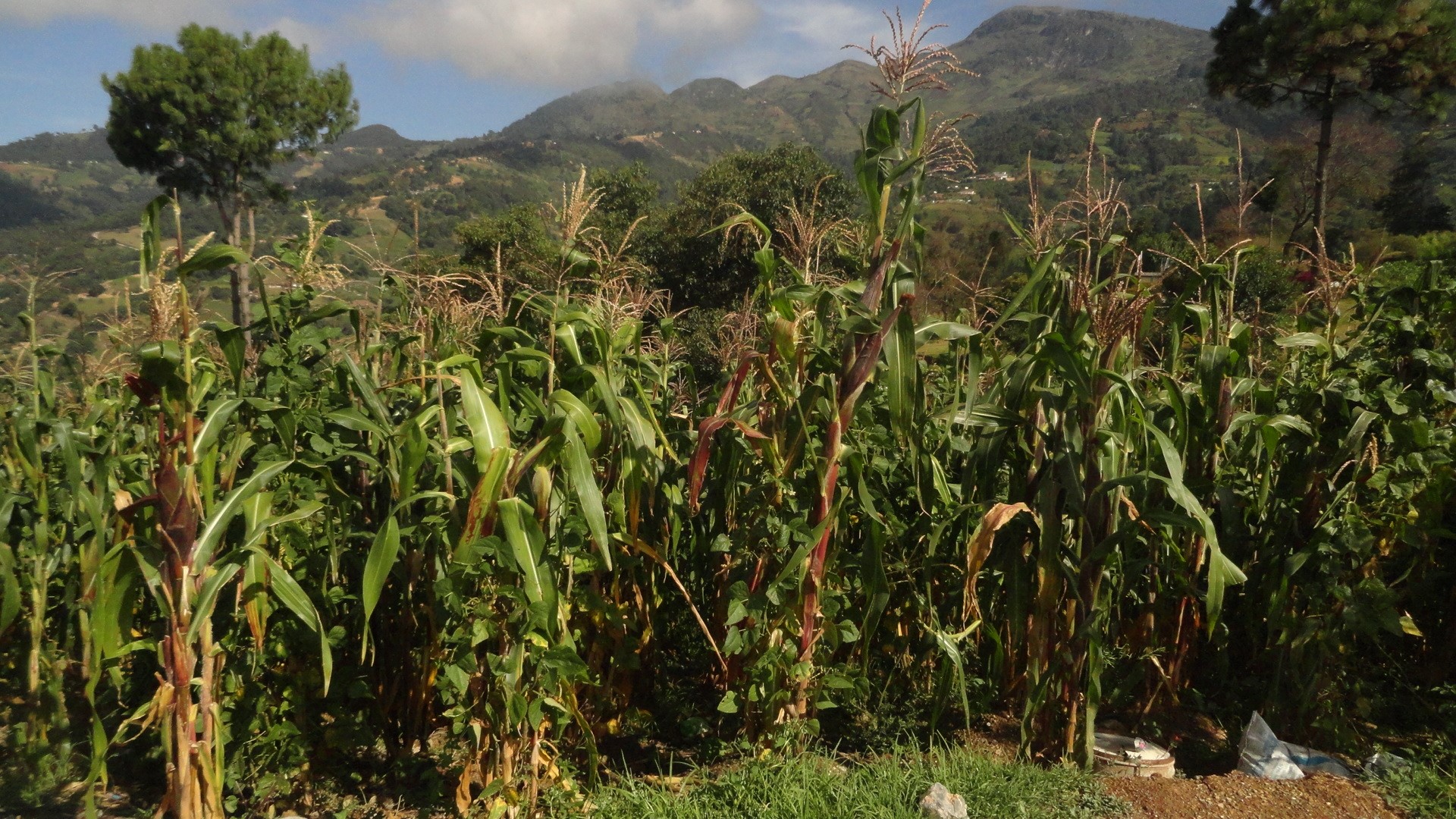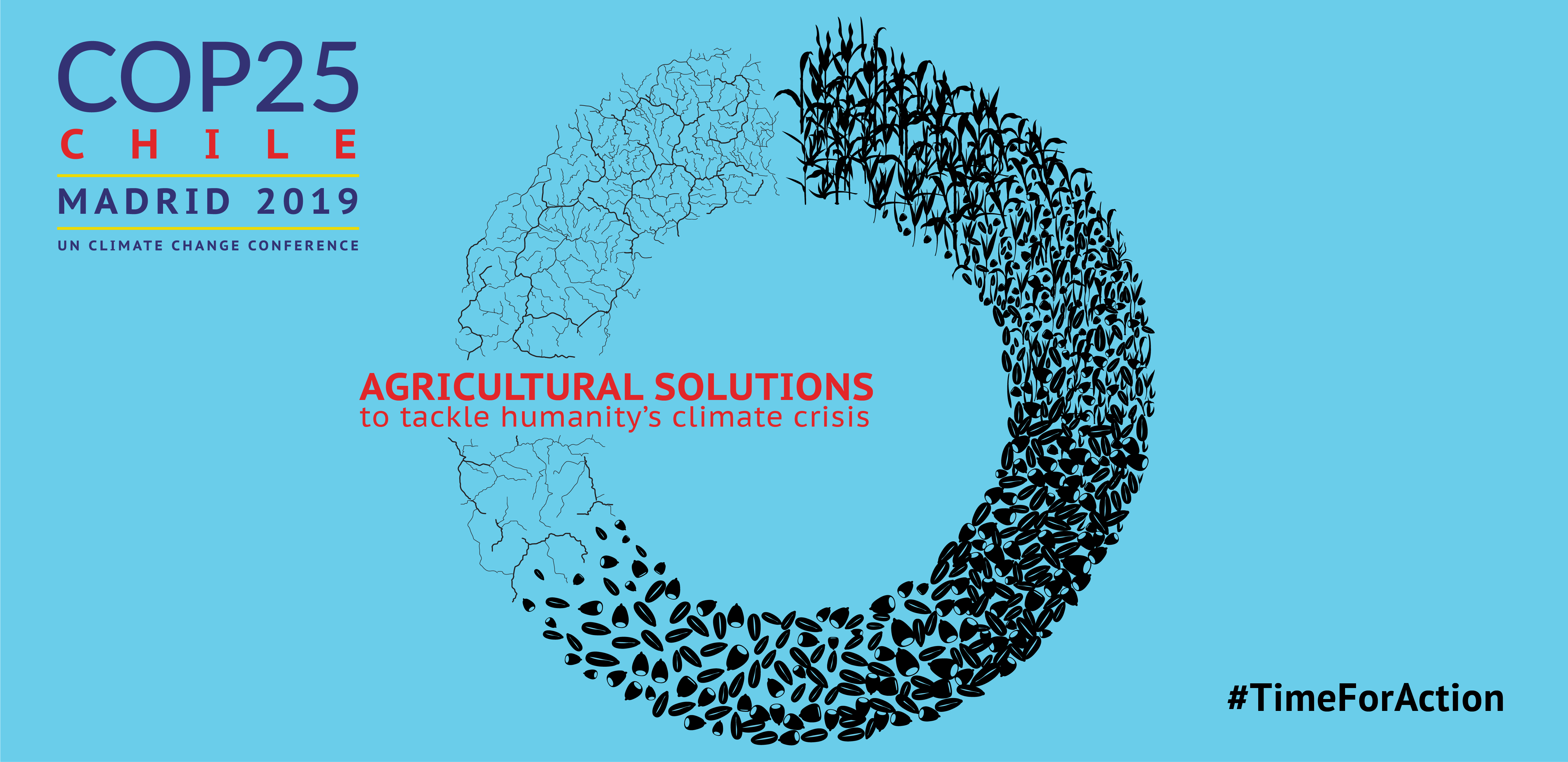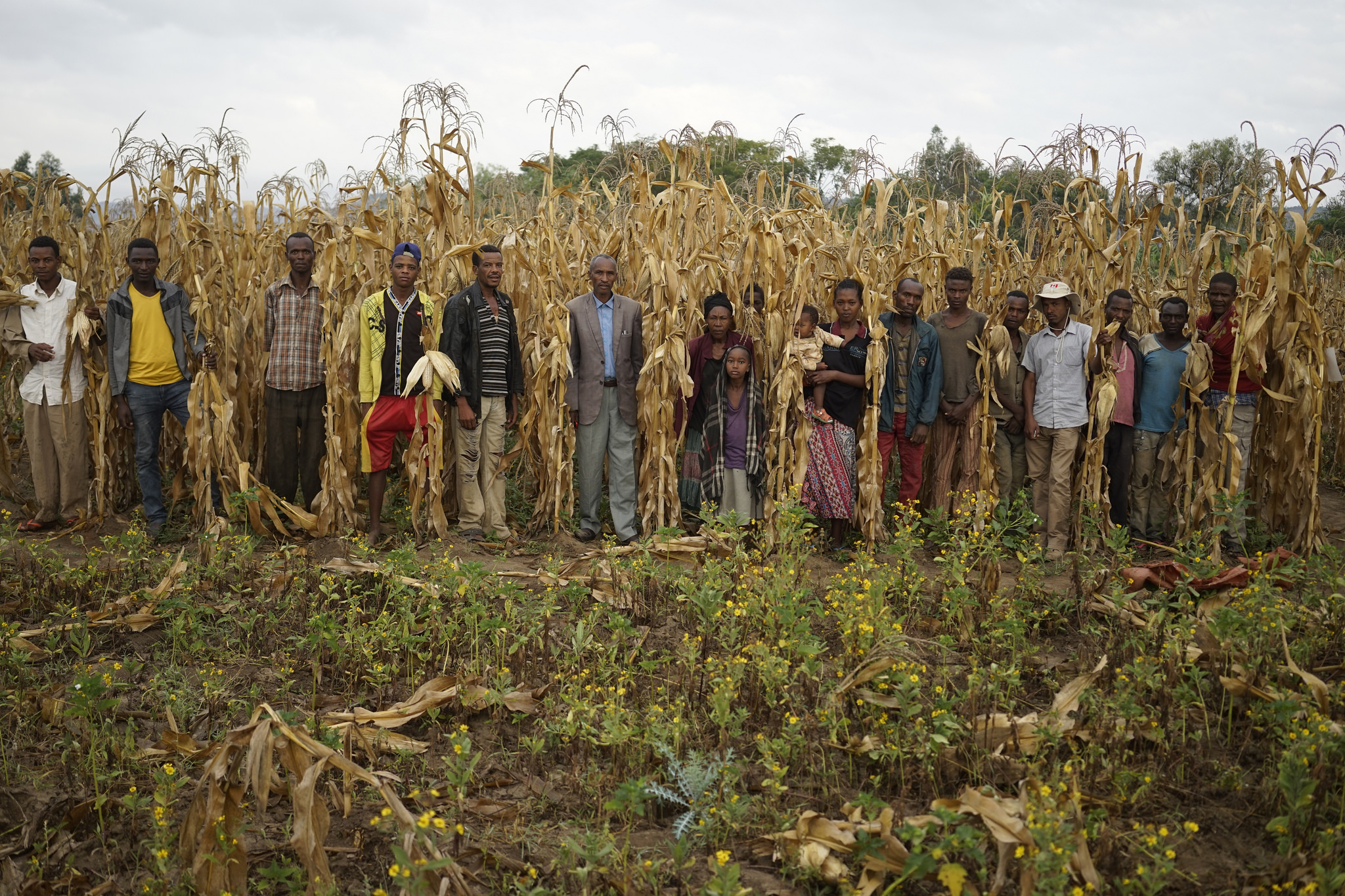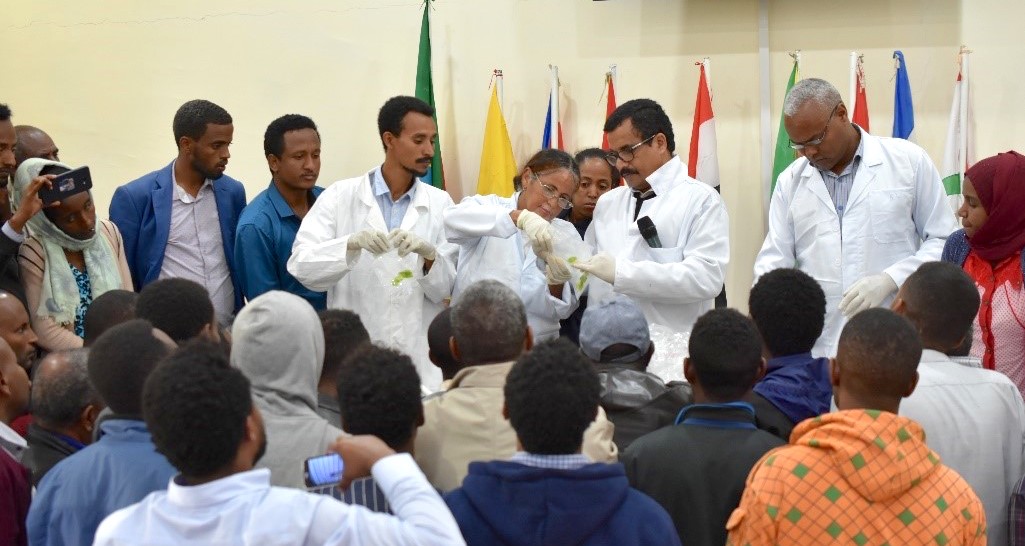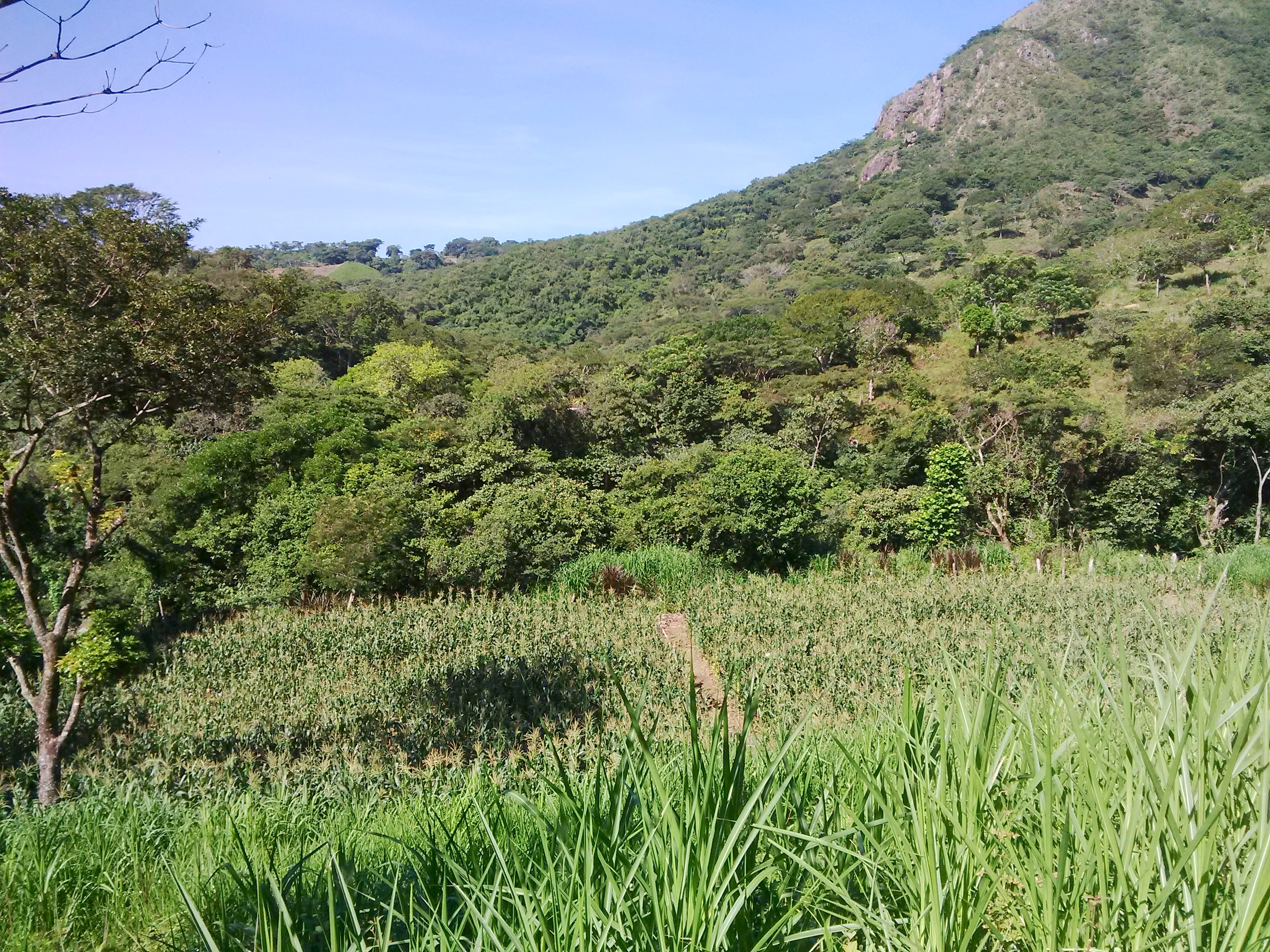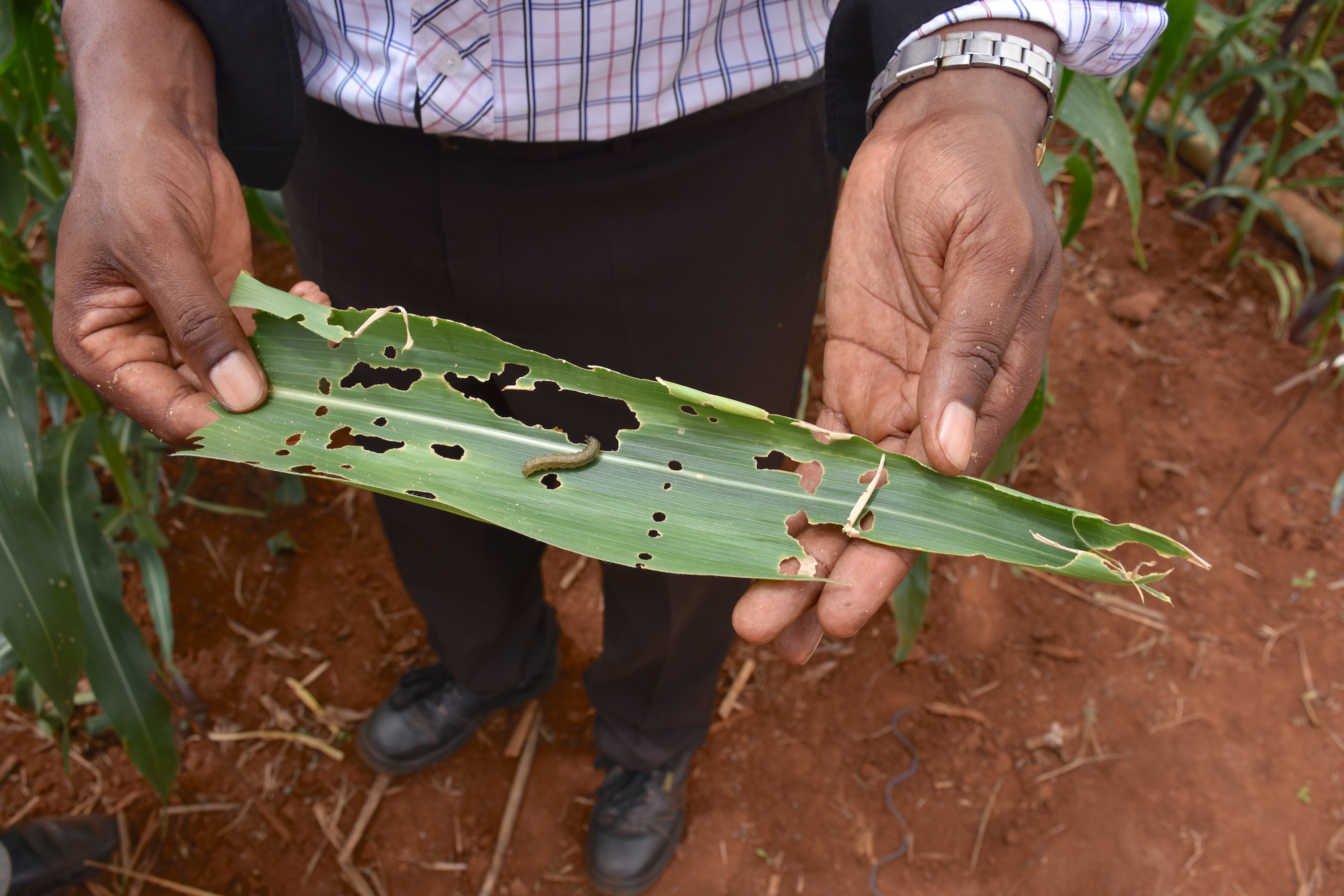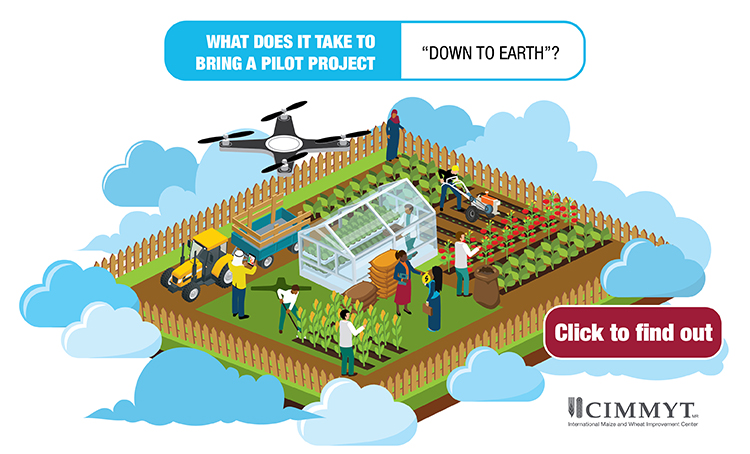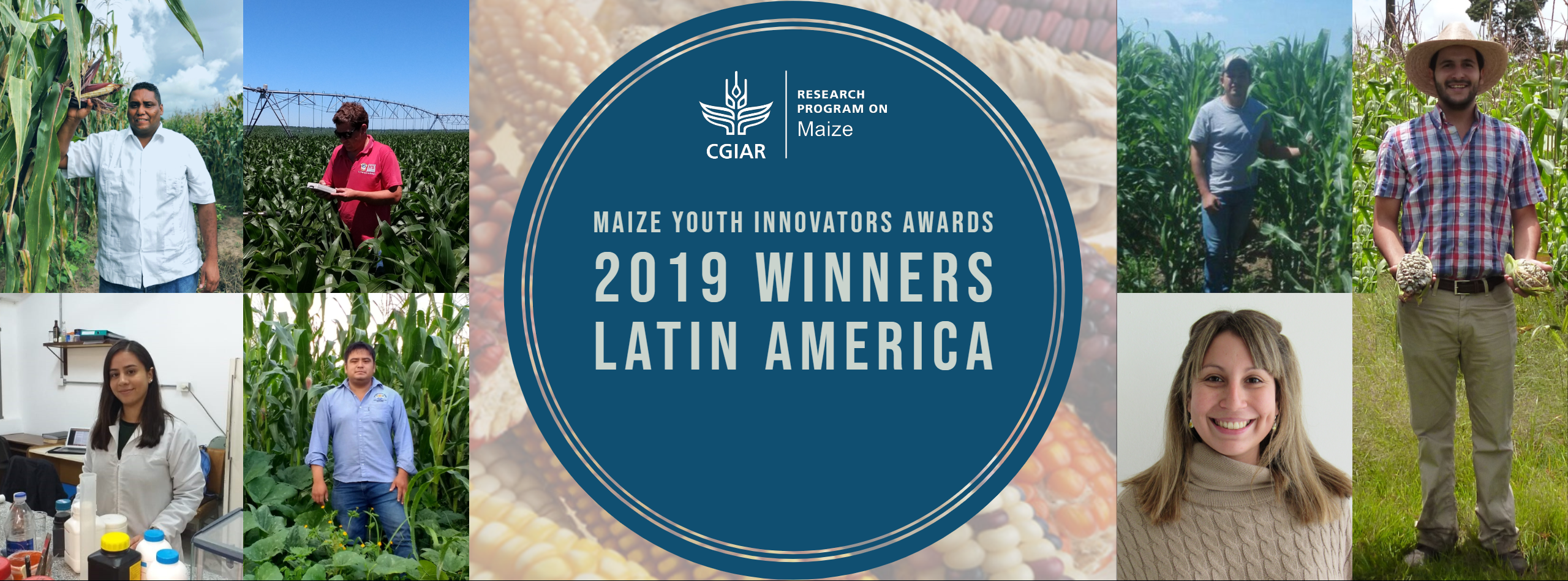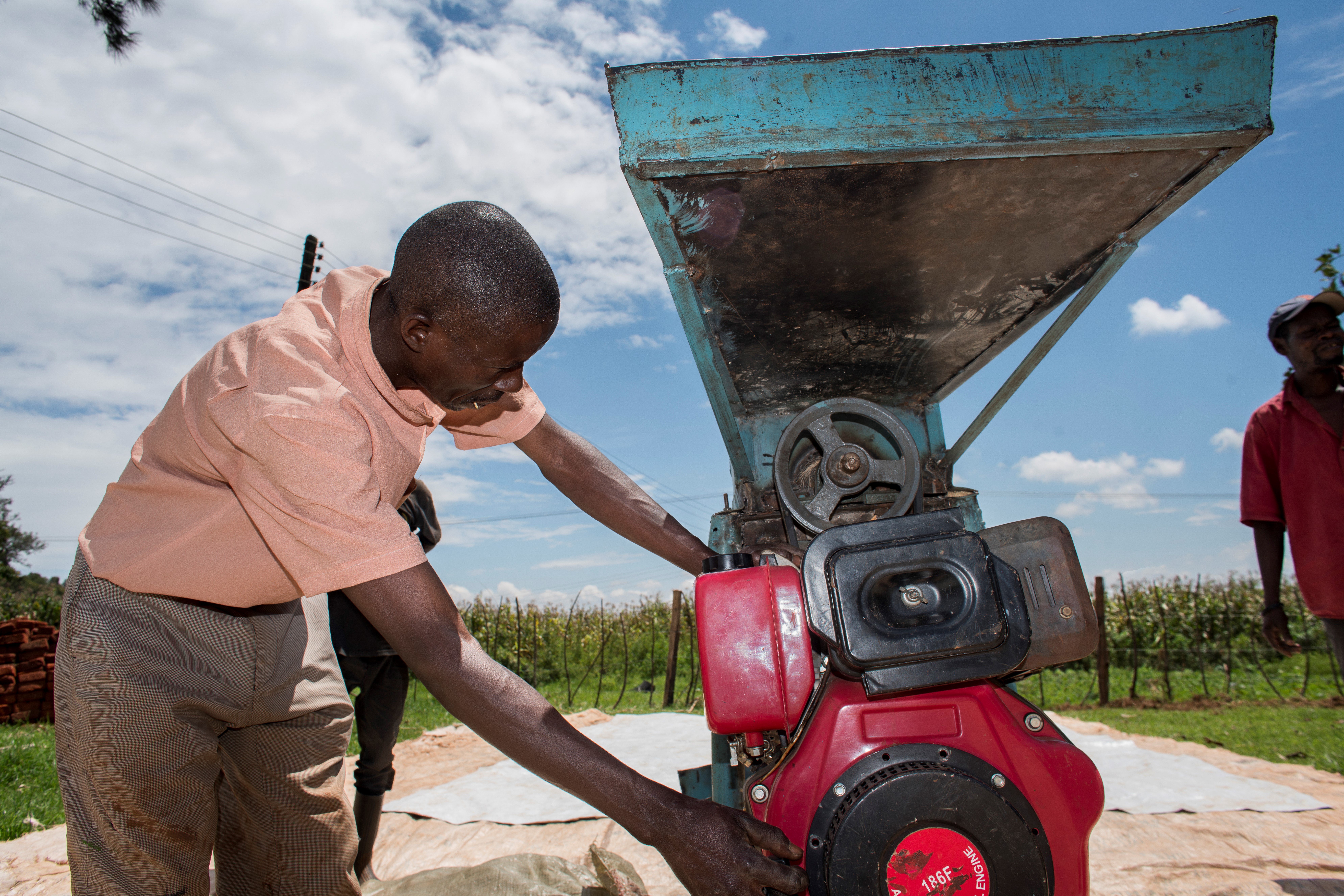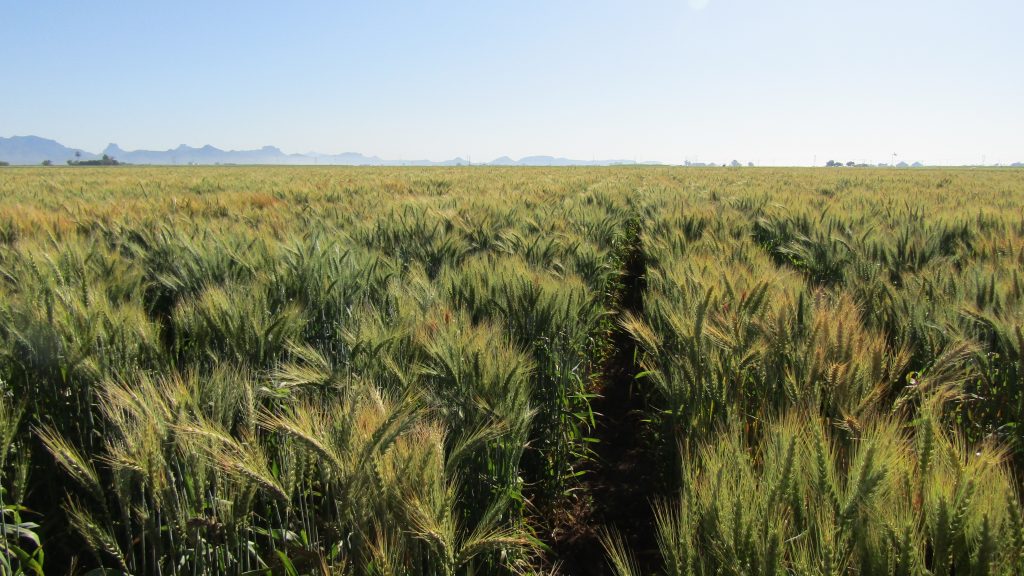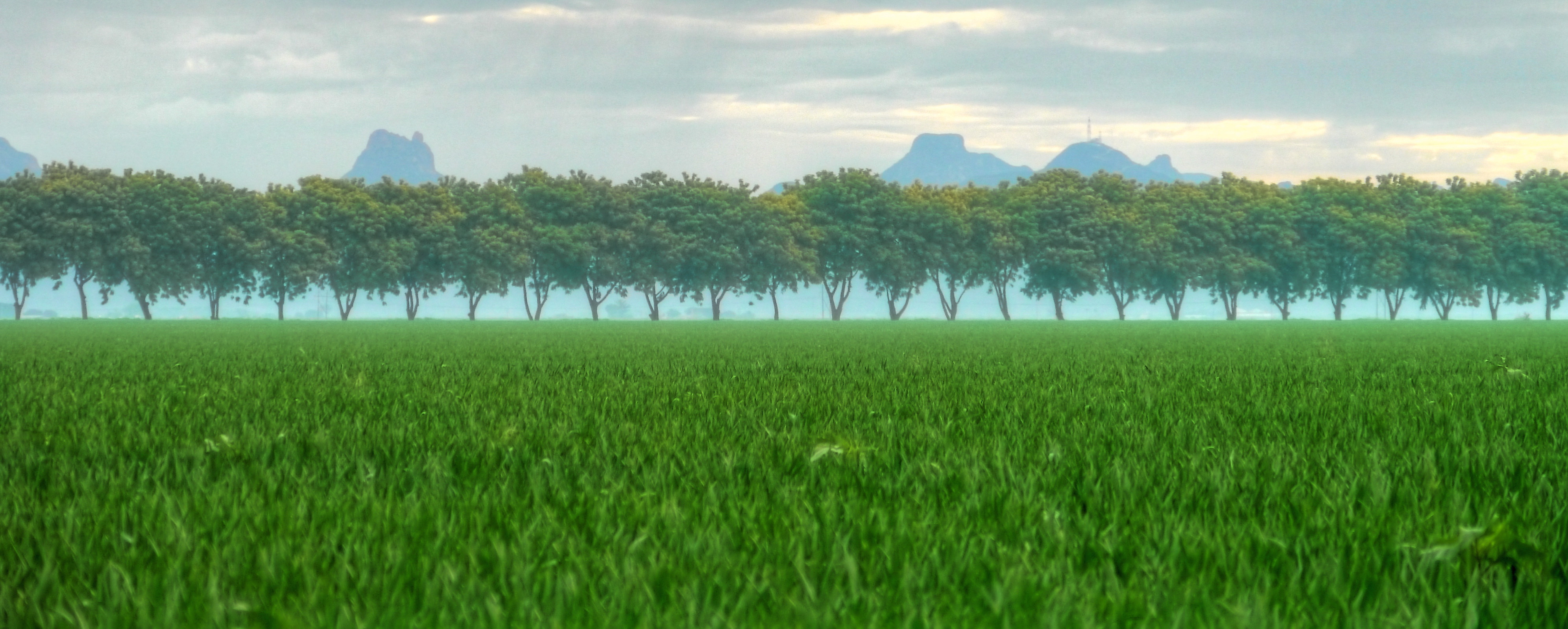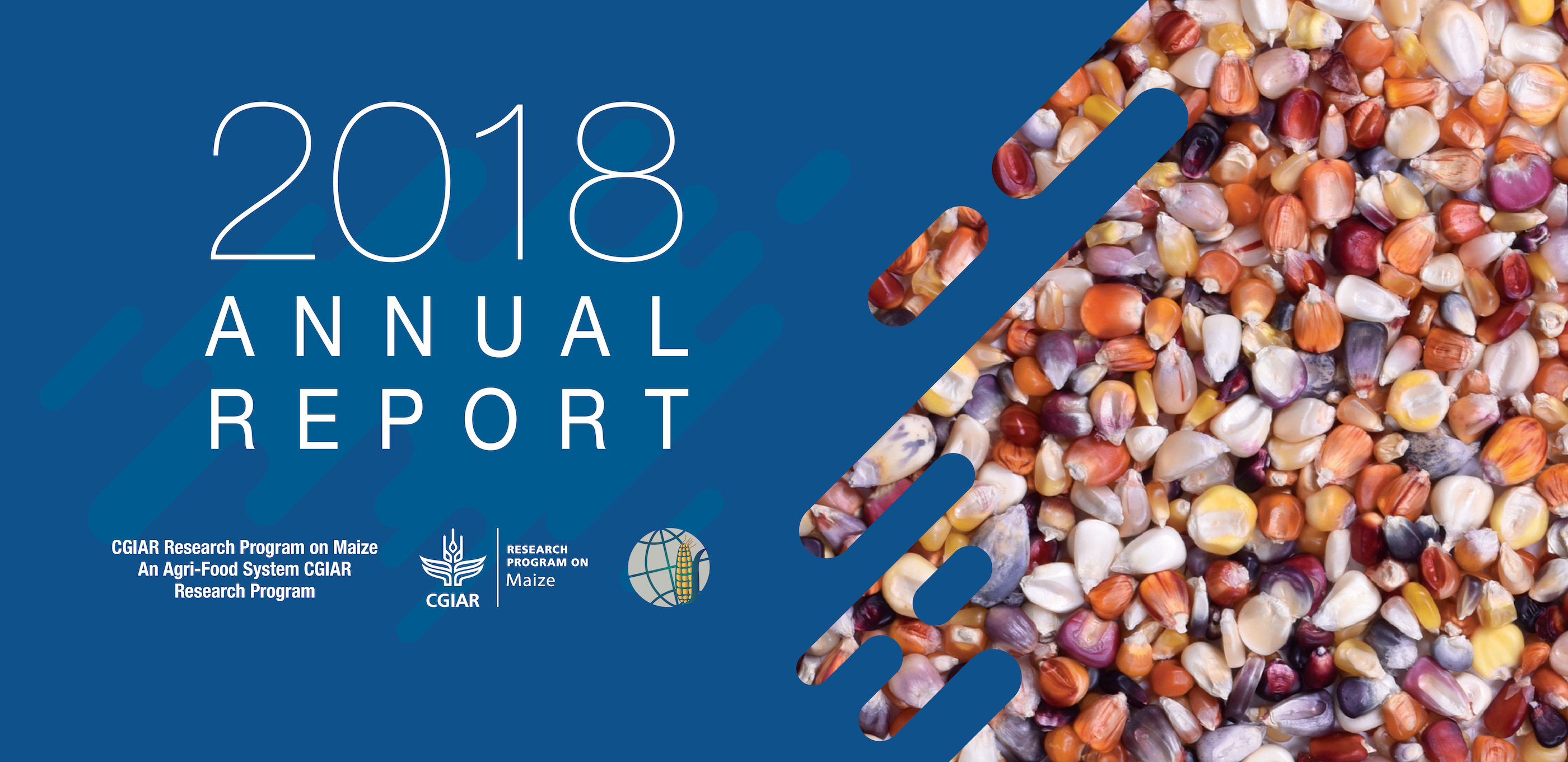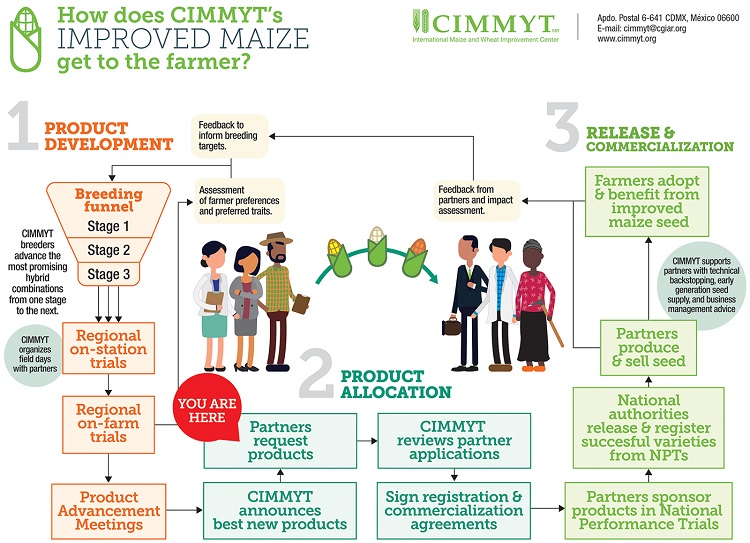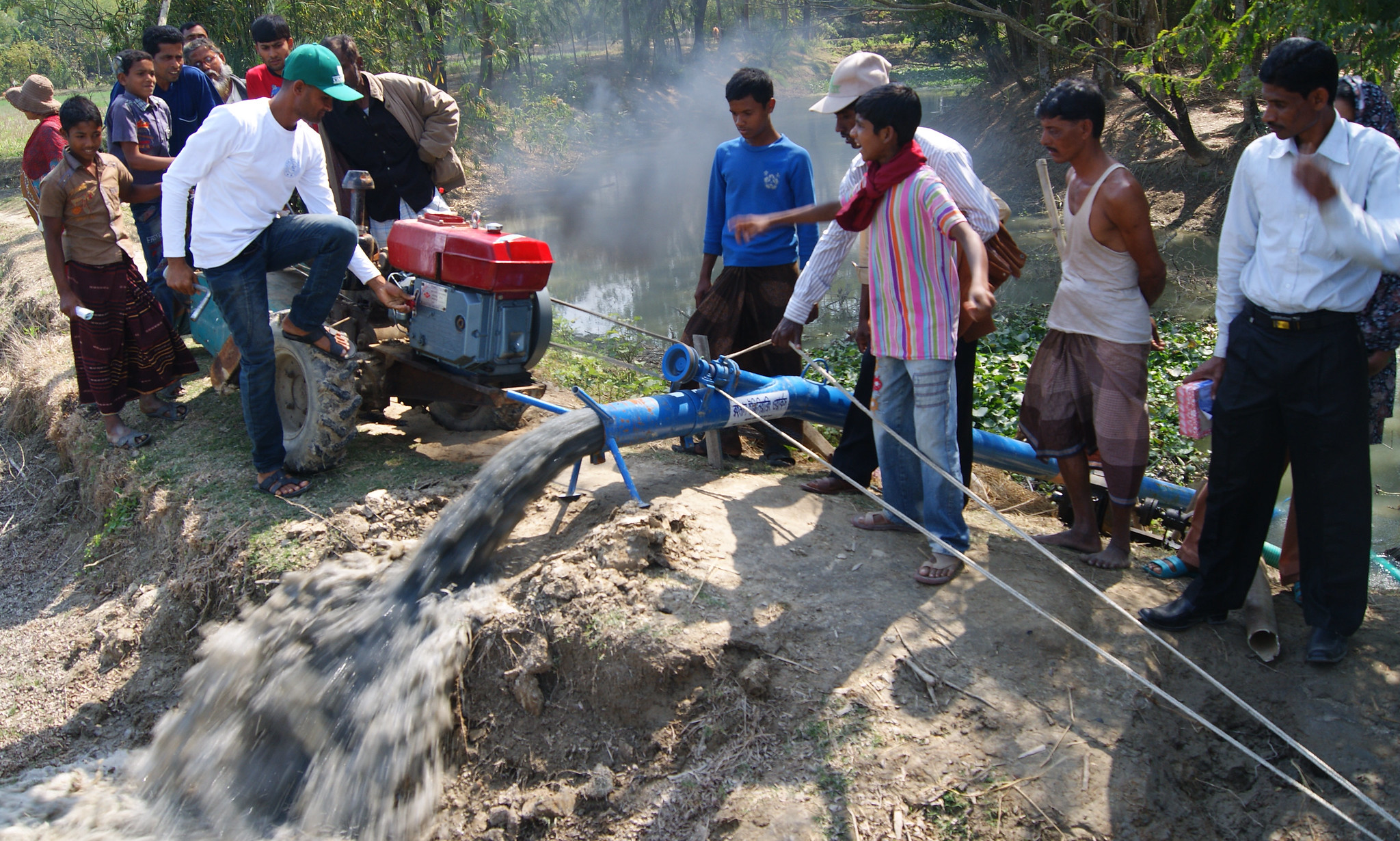CGIAR Research Program on Maize (MAIZE)
The CGIAR Research Program on Maize (MAIZE) is an international collaboration between more than 300 partners that seeks to mobilize global resources in maize research and development to achieve a greater strategic impact on maize-based farming systems in Africa, Latin America and South Asia.
Led by the International Maize and Wheat Improvement Center (CIMMYT), with the International Institute of Tropical Agriculture (IITA) as its main CGIAR partner, MAIZE focuses on increasing maize production for the 900 million poor consumers for whom maize is a staple food in Africa, Latin America and South Asia. MAIZE’s overarching goal is to double maize productivity and increase incomes and livelihood opportunities from sustainable maize-based farming systems.
MAIZE receives funding support from CGIAR Trust Fund contributors.
MAIZE Flagship Projects (FPs) and Cluster of Activities
FP1: Enhancing MAIZE’s R4D strategy for impact
• Foresight and targeting of R4D strategies
• Learning from M&E, adoption and impacts
• Enhancing gender and social inclusiveness
• Value chain analysis
FP2: Novel diversity and tools for improving genetic gains
• Informatics, database management and decision support tools
• Development of enabling tools for germplasm improvement
• Unlocking genetic diversity through trait exploration and gene discovery
• Pre-breeding: development of germplasm resources
FP3: Stress-tolerant and nutritious maize
• Climate resilient maize with abiotic and biotic stress tolerance
• Tackling emerging trans-boundary disease/pest challenges
• Nutritional quality and end-use traits in elite genetic backgrounds
• Precision phenotyping and mechanization of breeding operations
• Seed production research and recommendations
• Stronger maize seed systems
FP4: Sustainable intensification of maize-based systems
• Multi-scale farming system framework to better integrate and enhance adoption of sustainable intensification options
• Participatory adoption and integration of technological components
• Development and field-testing of crop management technologies
• Partnership and collaborations models for scaling
Include small indigenous production systems to improve rural livelihoods
 Nutrition, health and food security
Nutrition, health and food security
New research recommends targeted assistance and engagement with small farmers in rural Guatemala to improve livelihoods and reduce migration pressures.
Agricultural solutions to tackle humanity’s climate crisis
 Climate adaptation and mitigation
Climate adaptation and mitigation
Science offers opportunity to curb greenhouse gas emissions related to agriculture and meet climate goals.
New publications: Understanding changes in farming systems to propose adapted solutions
 Gender equality, youth and social inclusion
Gender equality, youth and social inclusion
Researchers identify national policies, climate and soil fertility changes, population increase, and urban expansion as the major drivers of farming systems change in the Hawassa area of Ethiopia.
How a disease without borders was contained
 Nutrition, health and food security
Nutrition, health and food security
Experts reflect on the successful efforts to limit the spread of maize lethal necrosis across eastern and southern Africa.
Closing the yield gap: Why localized analysis matters
 Nutrition, health and food security
Nutrition, health and food security
The effect of factors limiting production differs across regions, researchers observe.
Fight against fall armyworm in Asia benefits from experience in other regions
 Capacity development
Capacity development
Scientists mobilize African and Latin American knowledge to protect Asia’s maize.
It’s time to change the system, not just the technology
 Innovations
Innovations
Changing farming technologies requires systemic change, argues Lennart Woltering in new article.
Winners of 2019 MAIZE Youth Innovators Awards – Latin America announced
 Capacity development
Capacity development
Seven young farmers, researchers and activists are advancing change, innovation and research in their communities.
Study proposes alternative to conventional technology adoption research in smallholder agriculture
 Gender equality, youth and social inclusion
Gender equality, youth and social inclusion
An alternative conceptual framework uses a process-oriented approach to understand technological change that focuses more on the agency of different social actors in the agricultural system.
Extensive use of wild grass-derived “synthetic hexaploid wheat” adds diversity and resilience to modern bread wheat
 Innovations
Innovations
New study shows that improved bread wheat varieties obtained from crosses of durum wheat and goat grass are helping to ensure the crop’s future.
Warmer night temperatures reduce wheat yields in Mexico, scientists say
 Climate adaptation and mitigation
Climate adaptation and mitigation
International gathering highlights cutting edge efforts to improve yields, nutrition, and climate change resilience of a globally vital staple food.
CRP Maize Annual Report 2018
 Nutrition, health and food security
Nutrition, health and food security
In 2018, MAIZE delivered development outcomes and impacts through varietal release, scale-up, delivery and adoption of climate-resilient and nutritionally enriched maize varieties.
New CIMMYT pre-commercial hybrids available from Asia maize breeding programs
 Nutrition, health and food security
Nutrition, health and food security
CIMMYT is offering a new set of improved maize hybrids to partners in South and South East Asia and similar agro-ecological zones, to scale up production for farmers in these areas.
New publications: A study of water markets in Bangladesh
 Innovations
Innovations
Researchers analyze irrigation service providers to understand how different business models and pump types affect pricing and water conservation.
New manual provides quantitative approach to drought stress phenotyping
 Innovations
Innovations
The manual covers field site selection, effects of weather, crop management and other factors to standardize the required intensity, timing and uniformity of imposed drought stress during field trials.
